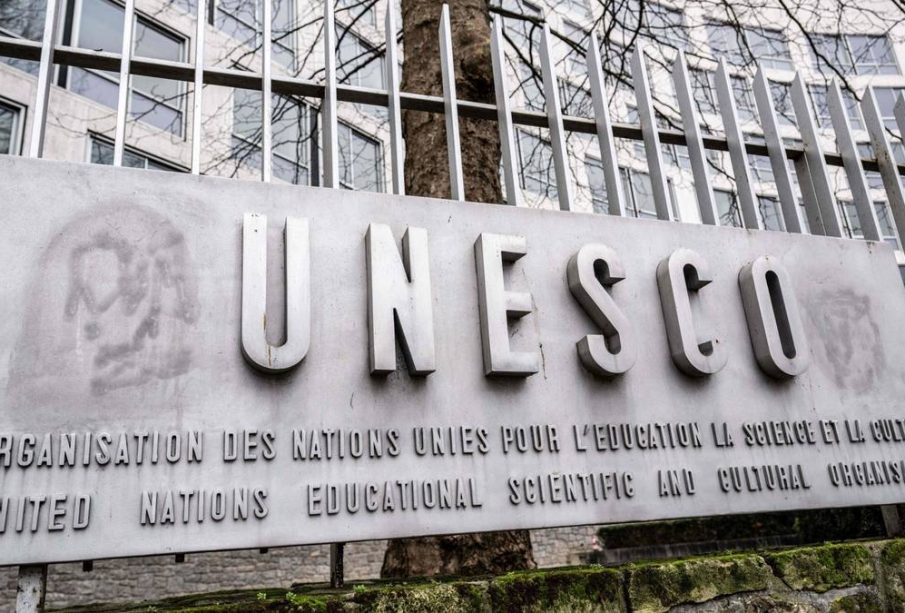The Importance of UNESCO in Preserving Cultural Heritage

Introduction
The United Nations Educational, Scientific and Cultural Organization (UNESCO) plays a pivotal role in the preservation of cultural heritage across the globe. Recognised for its commitment to fostering international collaboration in education, science, culture, and communication, UNESCO has become synonymous with the protection of cultural sites, traditions, and the promotion of peace through heritage. The significance of UNESCO’s work cannot be overstated, particularly in a world where cultural sites are increasingly threatened by conflict, climate change, and urbanisation.
UNESCO’s Initiatives
One of the primary mechanisms through which UNESCO operates is the World Heritage Convention, adopted in 1972. This convention enables countries to nominate sites that hold outstanding universal value, which are then inscribed on the World Heritage List. As of October 2023, there are 1,154 properties listed, including famous sites like the Great Wall of China and the Pyramids of Egypt. Each site is assessed for its cultural, historical, scientific, or other forms of significance, allowing for a broad spectrum of heritage to be recognised and preserved.
Recent Developments
Recently, UNESCO has made headlines for its proactive measures in different regions, responding to threats faced by significant cultural sites. For instance, in response to the devastating impact of the global pandemic, UNESCO launched various initiatives to raise awareness and support for cultural heritage, including the #Unite4Heritage campaign. Furthermore, UNESCO has extended its work in protecting heritage endangered by conflicts, most notably in Afghanistan and Syria, where measures include capacity building and restoration efforts in collaboration with local communities.
Importance for Future Generations
The significance of UNESCO’s efforts extends beyond the preservation of physical sites; it encompasses the safeguarding of intangible cultural heritage, such as traditions, languages, and social practices. The organisation’s recognition of the importance of preserving these elements ensures that they can be passed down through generations, fostering a sense of identity and belonging.
Conclusion
In conclusion, UNESCO’s work in cultural heritage preservation is crucial in today’s rapidly changing world. Its commitment to safeguarding both tangible and intangible heritage not only helps protect cultural sites but also promotes understanding and respect among nations. As global challenges such as climate change, urban development, and conflicts persist, the role of UNESCO becomes even more significant in ensuring that future generations can appreciate and learn from our collective heritage. The ongoing support for UNESCO is essential for maintaining the rich tapestry of human culture and history.









